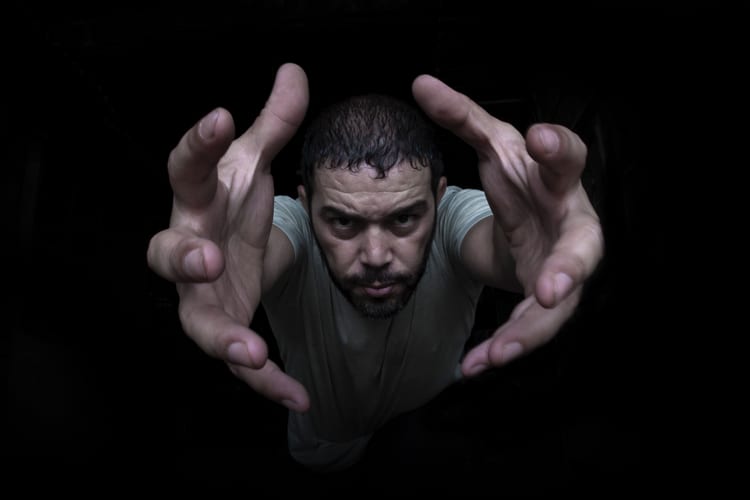Men of some minority races are statistically less likely seek help for their mental health than women and Caucasians, a 2015 study shows.
According to the National Alliance on Mental Illness (NAMI), only 6.6 percent of black men report having sought mental health services compared to 11.3 percent of their white counterparts and 10.3 percent of black women. However, 18.6 percent of black adults report having struggled with their mental health, as do 19.3 percent of white adults.
Although the percentage of adults with mental health difficulties only differs in both races by just over one point, far fewer black adults seem to seek help. There is also a vast difference in the number of men versus women who seek help in all races – but especially among blacks.
“It comes from the culture. Men are just assumed to be strong especially in the black culture with black men,” Cortez Davis, a junior and Phi Beta Sigma fraternity member of Arizona State University’s Lambda Xi chapter said.
The chapter hosted a mental health talk to discuss this problem in the black community. The students listed many examples from their own experience where they saw heavy stigmas behind mental health in the black community.
According to Davis, there is an automatic assumption of weakness or instability if one claims a mental illness or takes medications for their mental illness – especially where black men are concerned.
“There was always reinforcement that I’m strong and that I can make it through, but no one necessarily asking me how I’m doing,” Davis said.
Students listed other reasons for the stigma such as religious beliefs and past struggles among cultural groups. Some say they were unsatisfied with their parents’ belief that prayer, rather than medical help, was the sole answer to emotional struggles. Others said they were made to seem ungrateful for feeling depressed considering what their ancestors suffered.
“In my household, I would hear, ‘oh you’re depressed? What are you depressed about? You’ve got a roof over your head and food in your stomach,’” student Sulayman Abdul-Khaaliq said.
He said his family also believed a solution to depression was to work harder.
“My grandmother and her family all came from Belize illegally. They never addressed mental issues because it was the furthest thing from their minds,” Abdul-Khaaliq said. “They thought all the problems they had were because they were poor and lived in a Third World country.”
Shannon Moore, a clinical psychology student, said she seeks to educate students on the resources available and encourage them to overcome the stigma in the black community.
Throughout her studies, Moore learned that suicide is the third-leading cause of death among college students. Almost half of the students surveyed said they experience anxiety regularly and over 36 percent report having depressive symptoms, according to a study by the Association for University and College Counseling Center Directors (AUCCCD). These numbers, coupled with the low rates at which black adults use mental health services, are alarming to Moore.
“While they teach us about cultural competency in the field [of psychology and counseling], it’s not the same as having counselors who look like you,” Moore said.
When one student cited a lack of trust in counselors as another reason for the stigma, Moore agreed.
“Most counselors look like me, which is not great,” she said. “There really should be more counselors who are people of color. I think that would be very helpful.”
Moore, along with the room full of black and African students, agreed that lack of financial resources and education likely is one of the larger problems. Minorities are unable to afford mental health services in higher quantities than Caucasians and also less likely to have been educated on different mental illnesses and symptoms, according to NAMI and the American Psychological Association.
“We do know that talking to one another helps. Exposure to these ideas, to diagnoses, to forms of treatment – all of that helps,” Moore said. “What we can do is continue to talk to one another and, among each other, stop equating mental illness and taking medication with weakness or some sort of deficit.”




